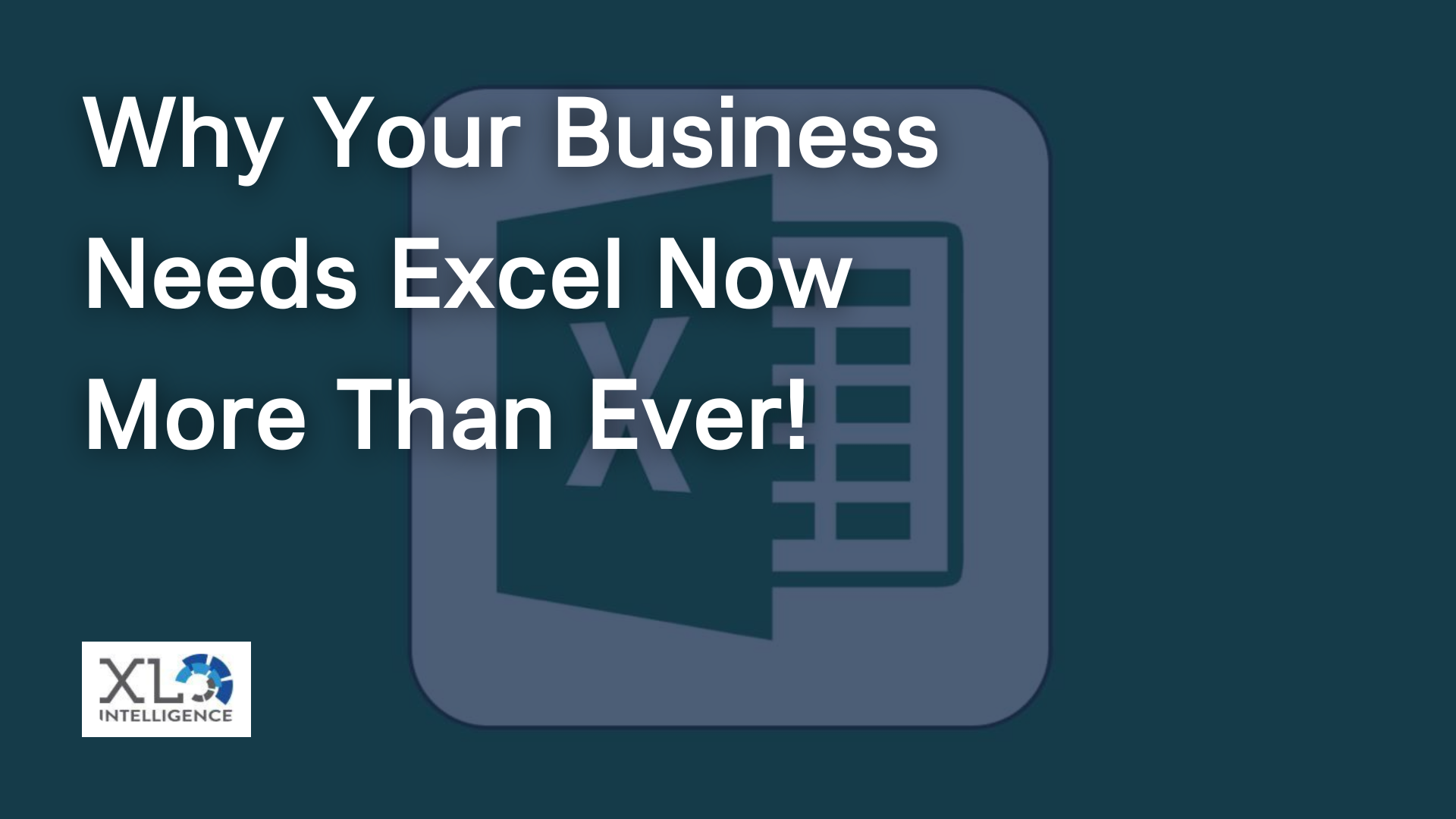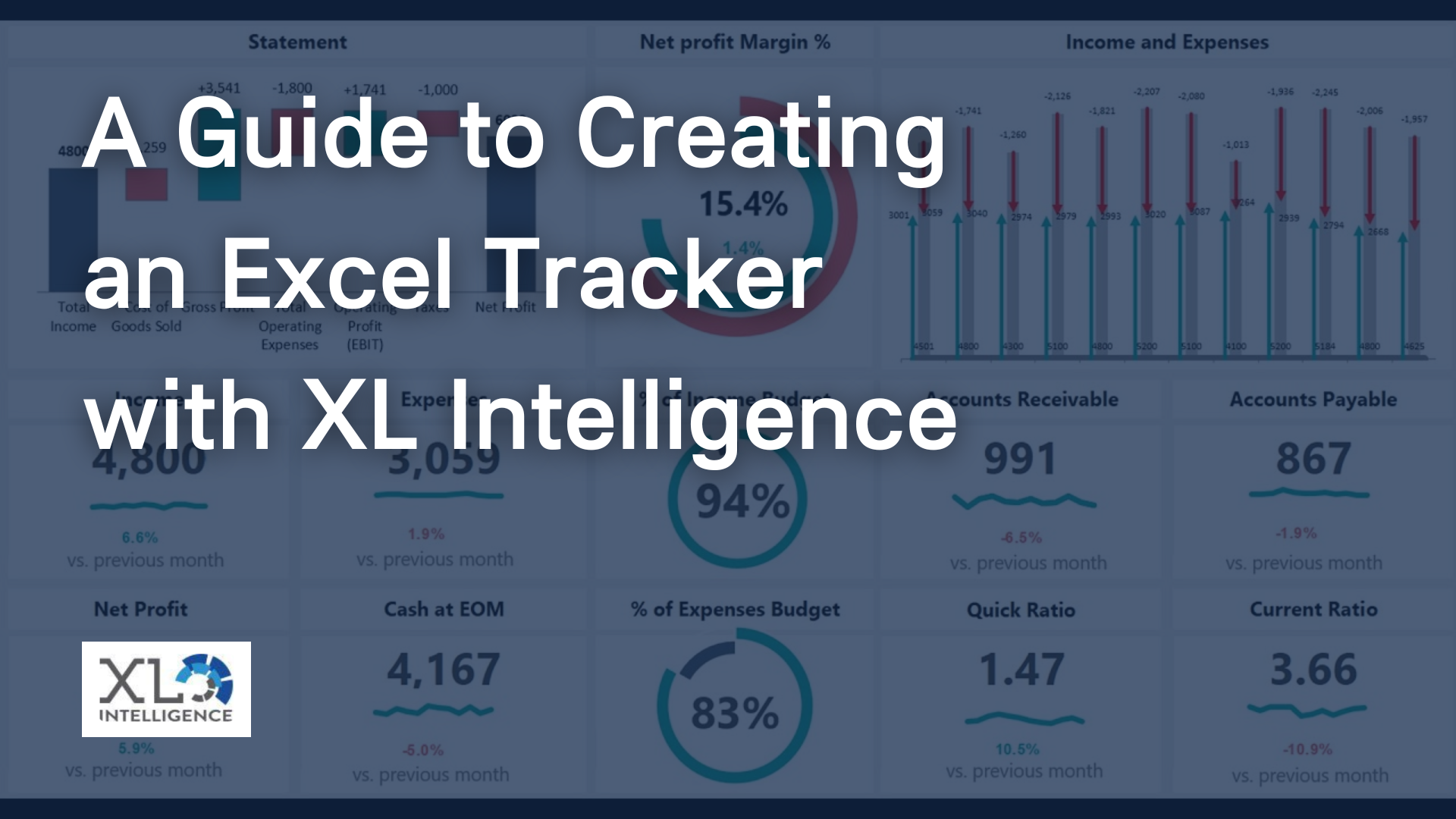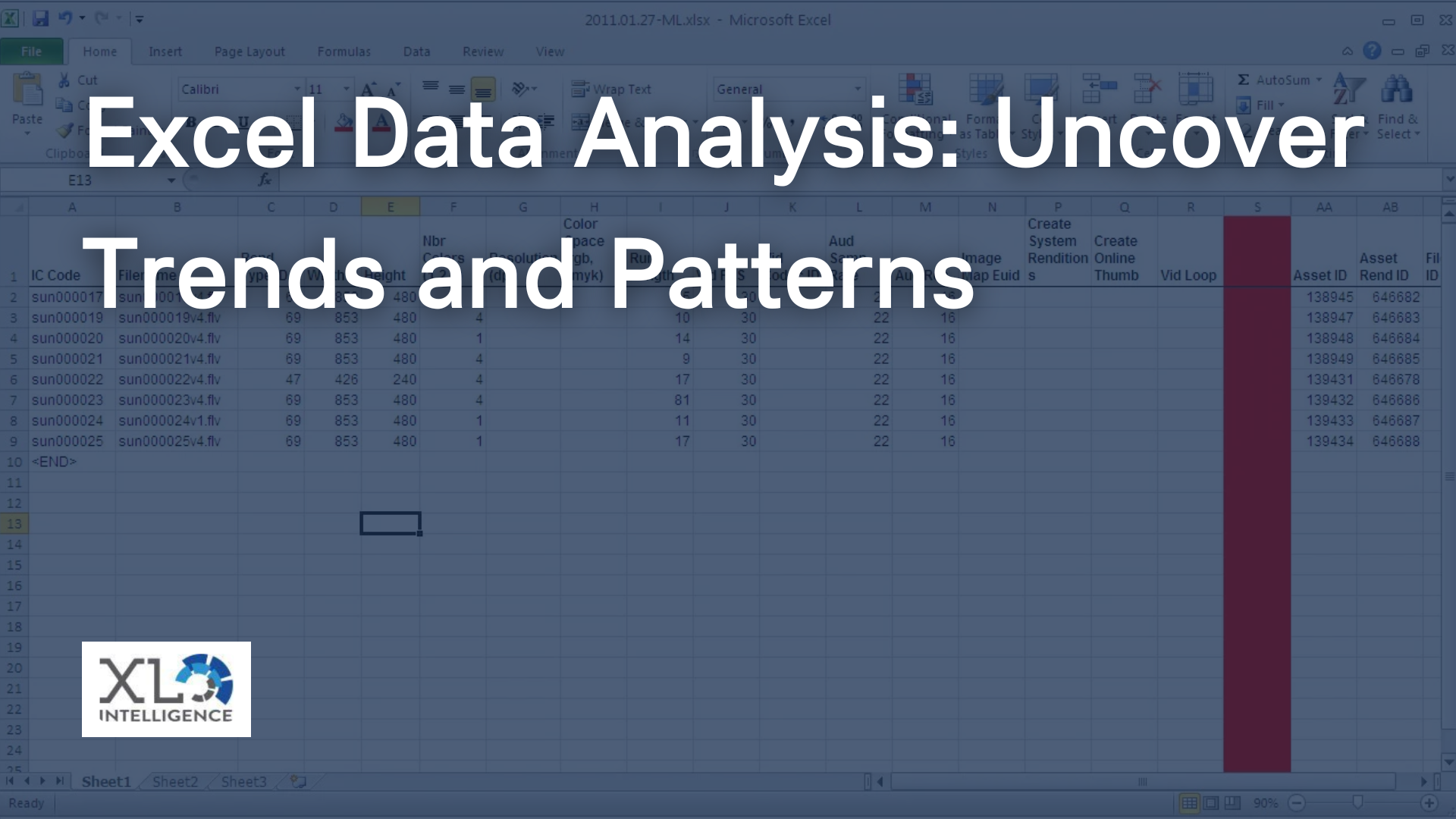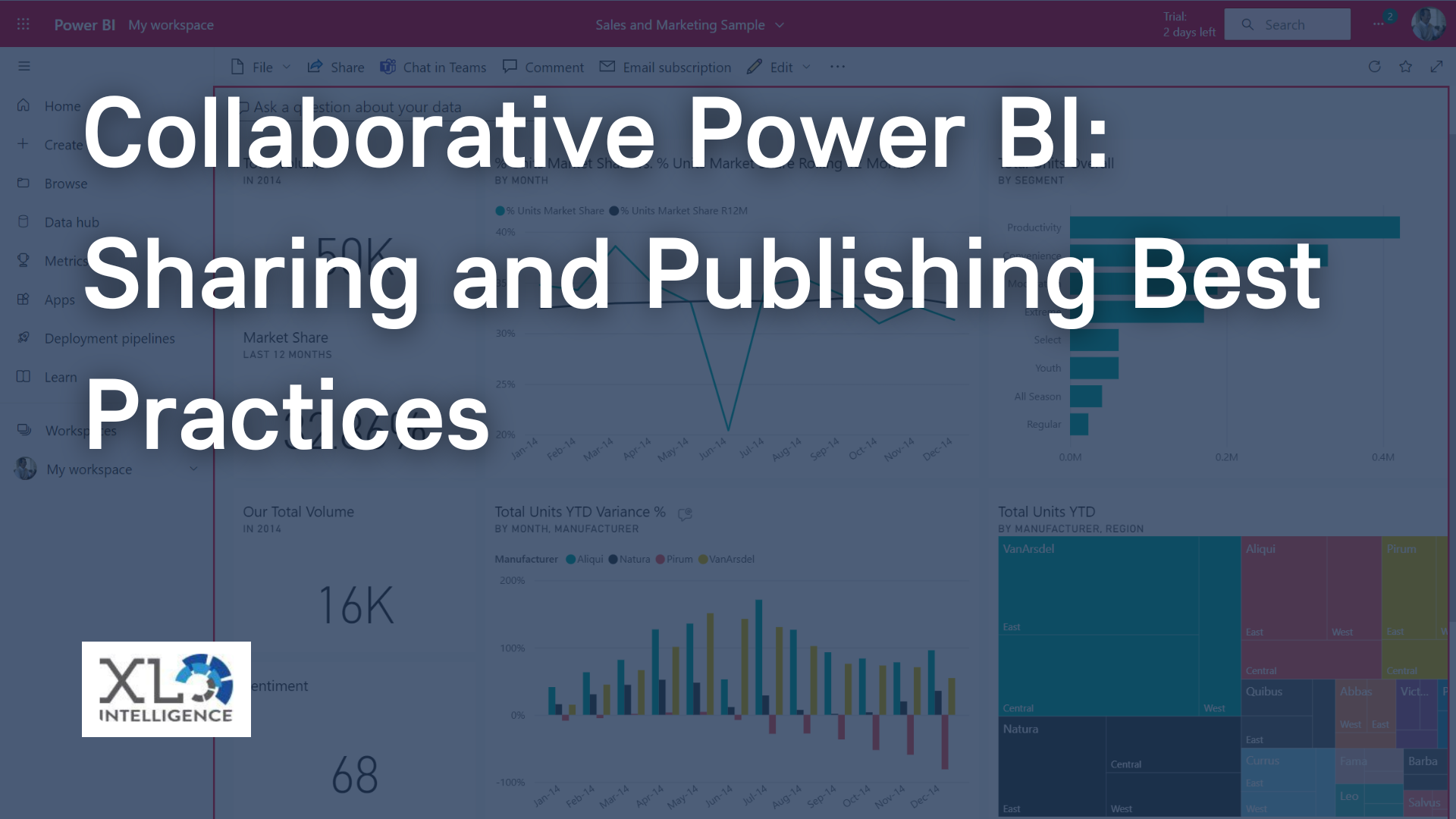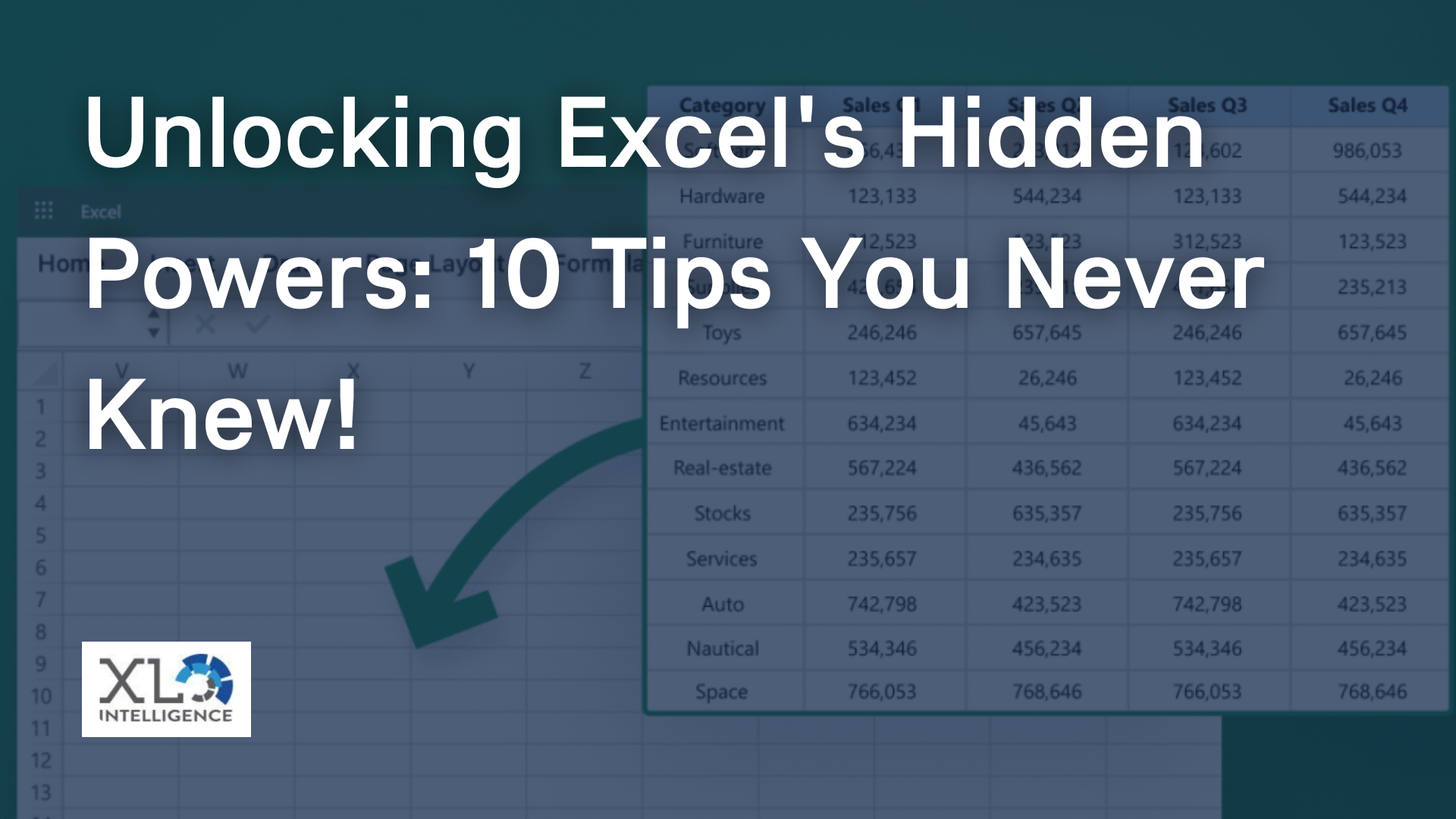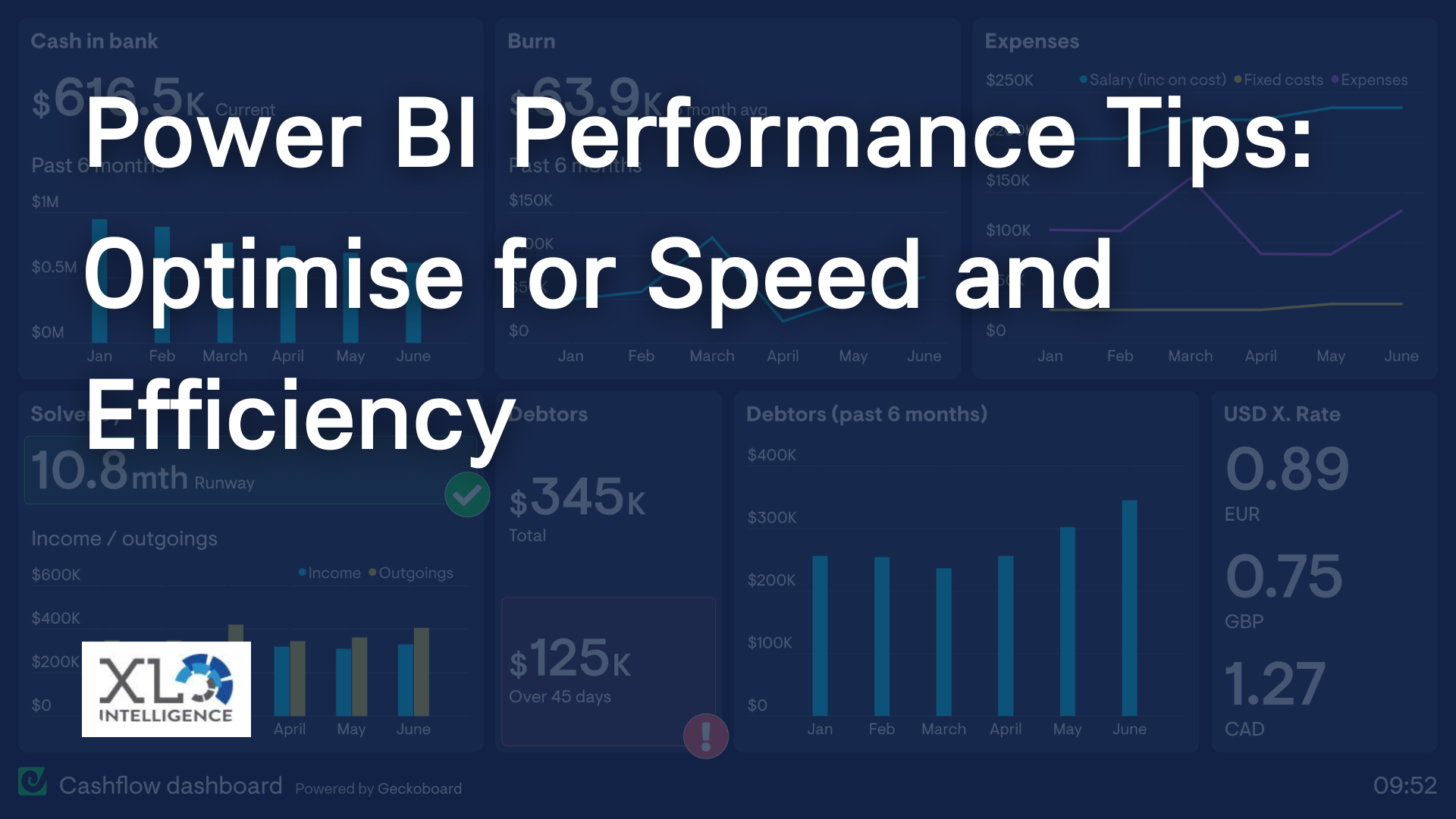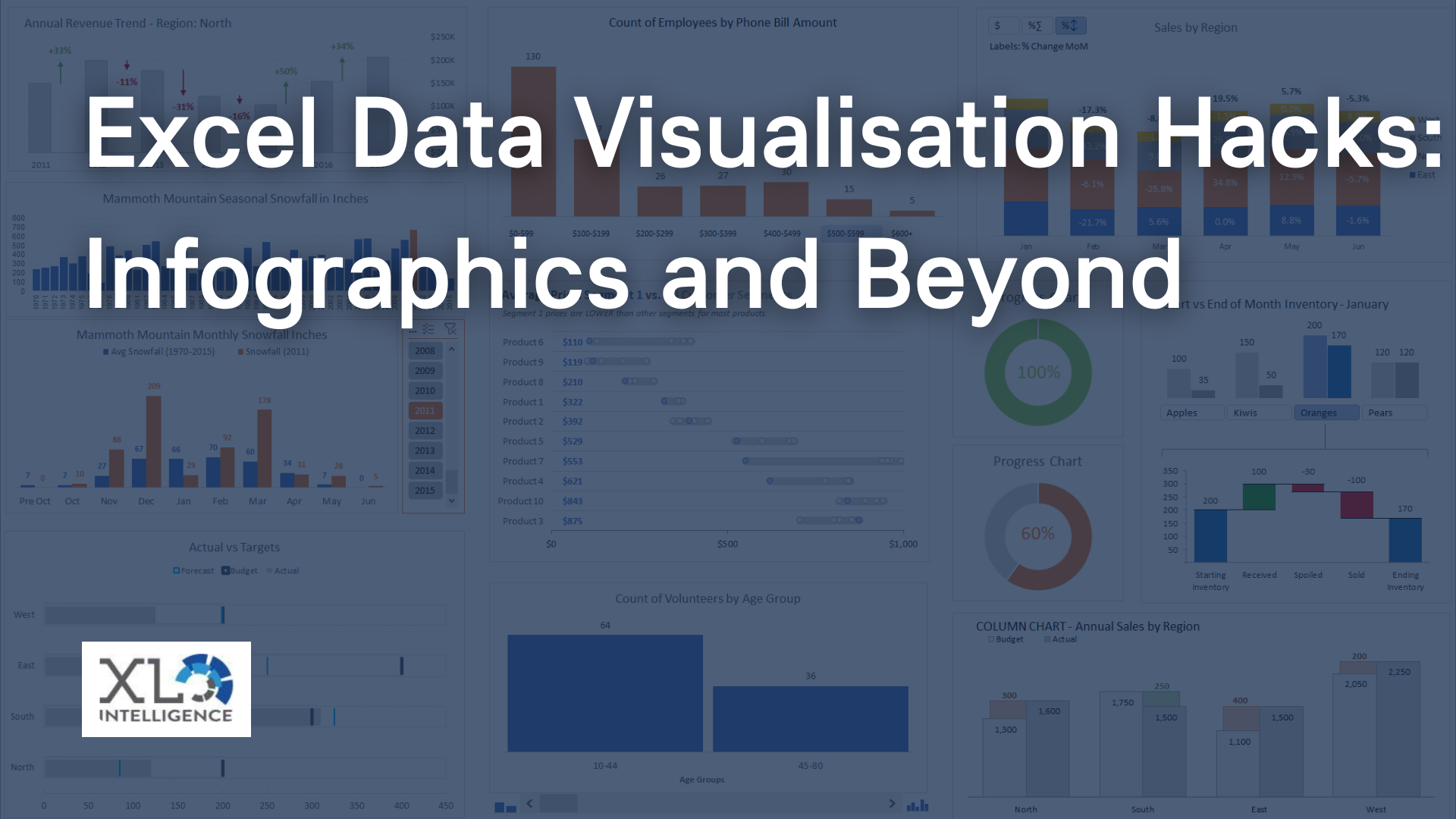If you're looking for a strategy to streamline your business, one of the finest solutions is to use Excel. Excel is a powerful tool, and most of us have previously used it in the workplace, either as employees or business owners.
One of the most compelling reasons to use
Excel for business operations is that it saves time and money thanks to its numerous options for storing and analyzing data and features that allow you to automate Excel to perform routine chores.
This blog post will go through a few of the most crucial uses for
Excel in business and why this software is so necessary and valuable.
Excel's Importance in Business
Because of its feature-rich architecture,
Microsoft Excel is used for a wide range of tasks worldwide. Millions of businesses use Excel daily; thus, its relevance in the corporate world cannot be overstated.
One of the main reasons organizations utilize Excel daily is its many purposes in business. We wanted to go deeper into this, so we compiled a list of five of the most prevalent business cases we've encountered.
Manage Product Information Using Excel
If you manage an eCommerce shop, you know how critical it is to keep product information correct and up to date to generate online sales, reduce returns, and attract repeat business.
The platform on which your website is constructed is one of the key barriers that can prohibit complete and accurate product information. WordPress, Magento, and many other platforms aren't built to handle big volumes of data in the backend.
Almost every website allows you to export and import data in the CSV and XLSX formats. You have complete control over your data once you've exported it and imported it into
Excel.
You may delve into your data and optimise your product information to promote eCommerce growth using various
Excel tools. Import the document into the back end of your website after you've made your modifications, and watch your sales soar.
Create Sales Reporting With Excel
Look at a cross-section of UK firms, and you'll notice that some use intricate and expensive software to report on sales, while others still use pen and paper!
Between these two extremes, most organisations utilise a spreadsheet for sales reporting because of its simple structure and automation features.
Excel, in particular, is one of the most effective tools for tracking and reporting sales in your company.
Excel sales reports combine all of your essential sales facts into one easy-to-read sheet that can be shared around the company to communicate and measure performance, thanks to its
dashboard creation, automated reports, and interaction with other business tools.
Maximise Inventory and Stock Management With A Spreadsheet
Excel is a wonderful alternative to specialised and expensive software for supply chain management and stock management because of its versatility and capacity to contain thousands of data cells.
To keep your inventory and stock levels correct and up-to-date, include columns such as SKU, barcode, location, stock levels, re-order levels, and bin number in your spreadsheet.
Spreadsheets for stock management can be as simple or complex as your company requires. A nice example of improving a simple page is incorporating barcode scanning into your paper.
When you connect your spreadsheet to a barcode scanner, you'll be able to process orders quickly, manage delivery and purchase notes, and track orders as they move through your company.
Automate Business Processes With Excel
One of Excel's lesser-known but most essential corporate functions is the ability to automate repetitive business tasks. Companies can utilise
Excel Automation to save time, enhance productivity, and increase revenues by reducing jobs to lines of code.
Excel automation is normally performed by experts familiar with
VBA (Visual Basic for Applications). The benefits of automating tasks, on the other hand, will significantly outweigh the costs of implementing automation.
Streamline Accounting with Excel
According to an article published in Accounting Today,
90% of businesses use Excel for budgeting, planning, and forecasting. Regarding accounting software,
Excel is the go-to option for businesses.
One of the reasons for this is a large number of formulae and computations that may be employed and automated in Excel for accounting purposes.
VLOOKUP, Nesting IF Functions, and Conditional IF Formulae are some of the most useful formulas businesses use to manage and track their finances.
Conclusion
Using
Excel in the workplace is one of the most effective methods to streamline procedures, organize data, and boost sales and productivity.
We've explored a variety of spreadsheet uses in business in this post, from tracking inventory to automating repetitive activities, so you can start using Excel in your business immediately.
At XL Intelligence,
advanced Excel training,
dashboard construction,
data analysis,
Power BI, and
VBA are some of our specialties. We also offer training with both regular and customised courses to meet the demands of your company. Level up your Excel expertise today!
customized


